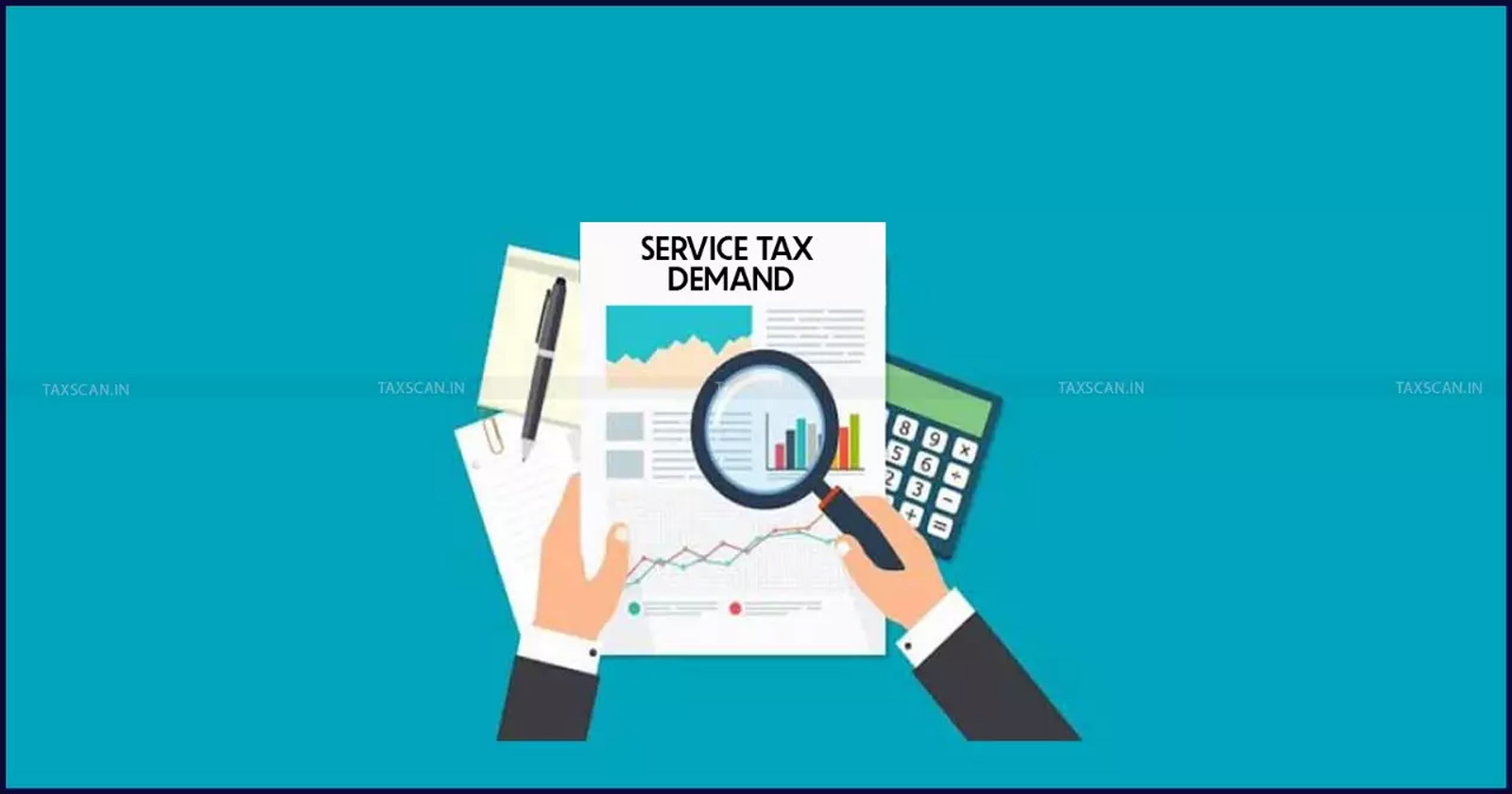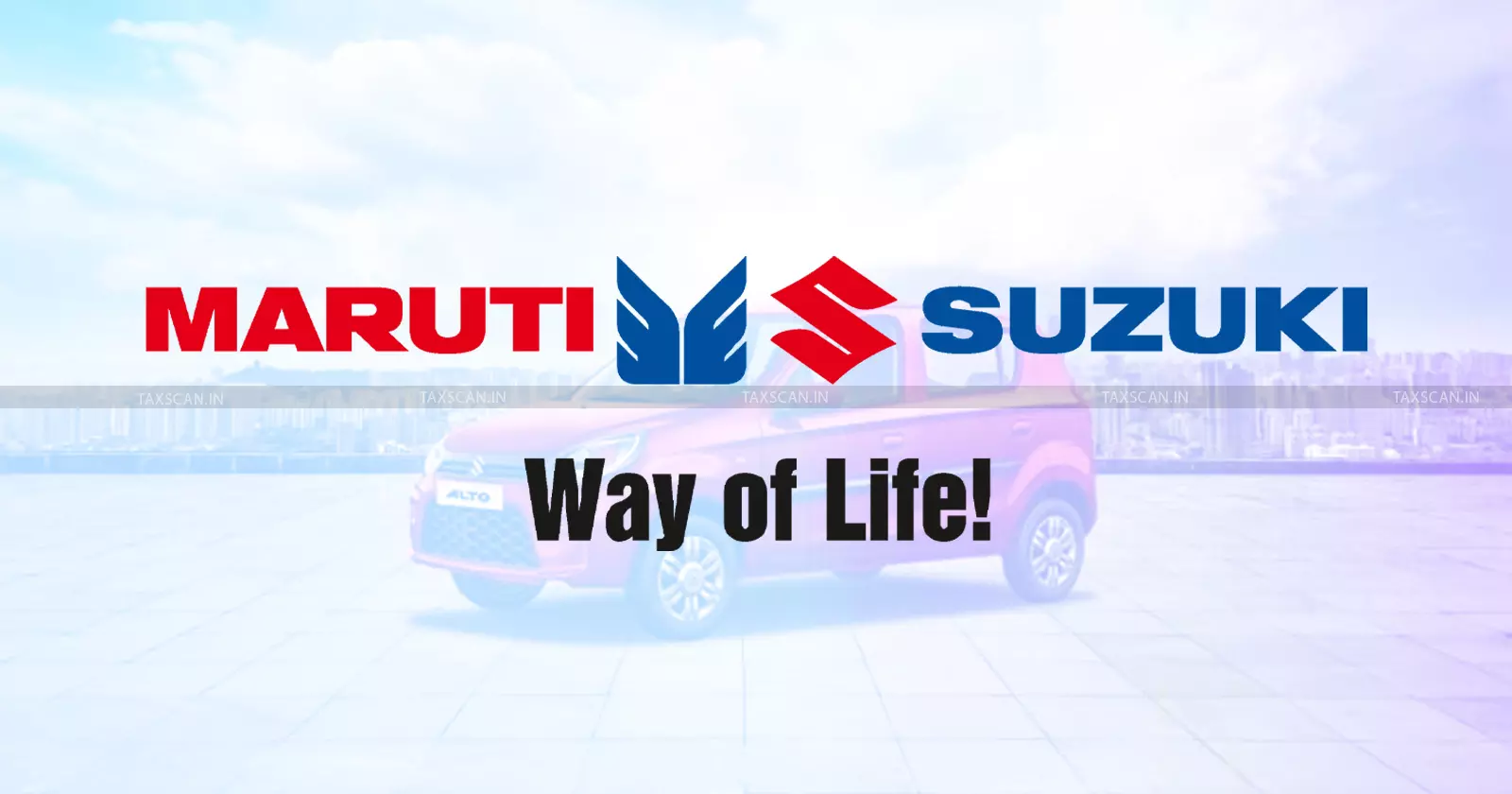Process of Battery Charging, Filling, and Packaging Amounts to Manufacture, No Service Tax Payable: CESTAT [Read Order]
CESTAT holds that battery charging, filling, and packaging processes amount to manufacture and are not liable to service tax.
![Process of Battery Charging, Filling, and Packaging Amounts to Manufacture, No Service Tax Payable: CESTAT [Read Order] Process of Battery Charging, Filling, and Packaging Amounts to Manufacture, No Service Tax Payable: CESTAT [Read Order]](https://images.taxscan.in/h-upload/2025/10/16/2097130-battery-charging-filling-packaging-taxscan.webp)
The Chandigarh Bench of the Customs, Excise, and Service Tax Appellate Tribunal (CESTAT) held that the process of battery charging, filling, and packaging undertaken by M/s Eliza Power Industries amounted to manufacture and was not liable to service tax.
Eliza Power Industries, located in Paonta Sahib, Himachal Pradesh, carried out job work for Eastman Auto and Power Ltd. involving charging and packaging of batteries. The appellant paid service tax on this activity believing it did not constitute manufacture.
Later, it concluded that the process amounted to manufacture and, under the negative list in Section 66D of the Finance Act, 1994, was not taxable. The appellant filed a refund claim of Rs. 44,23,052 in June 2017 for the service tax paid under this mistaken belief. The original authority rejected the claim, and the Commissioner (Appeals) upheld the decision.
 Also Read:Mismatch Between Income Tax and ST-3 Returns: CESTAT Upholds Service Tax Demand for Unexplained Discrepancy [Read Order]
Also Read:Mismatch Between Income Tax and ST-3 Returns: CESTAT Upholds Service Tax Demand for Unexplained Discrepancy [Read Order]
The appellant’s counsel, Shri R.K. Hasija and Shri Shivang Puri, argued that the processes electrolytic filling, jar formation, drying, leak testing, engraving, and packaging converted unfinished batteries into complete, marketable products.
They argued that such processes amounted to manufacture under Note 6 of Section XVI of the Central Excise Tariff Act, 1985. Reliance was placed on Exide Industries Ltd. v. CCE, where identical activities were held to be manufacturing. They further argued that the refund could not be denied on the ground that self-assessment was not challenged, as this issue was never raised in the show cause notice or the lower orders.
The department’s counsel argued that since the appellant charged service tax in invoices, the burden was presumed to have been passed on to the customer. They argued that the refund claim was not maintainable without first appealing against self-assessment, citing ITC Ltd. and BT (India) Pvt. Ltd.
 Also Read:Relief for Maruti Suzuki: CESTAT Rules Education Cess Payable on Net Service Tax after Deducting R&D Cess [Read Order]
Also Read:Relief for Maruti Suzuki: CESTAT Rules Education Cess Payable on Net Service Tax after Deducting R&D Cess [Read Order]
The bench comprising Justice S.S. Garg (Judicial Member) and P. Anjani Kumar (Technical Member) observed that the processes carried out were identical to those in Exide Industries Ltd., where they were held to constitute manufacture.
It explained that incomplete batteries became finished, marketable goods and thus fell within the definition of manufacture. The Tribunal also found that the issue of unjust enrichment had not been examined by the Commissioner (Appeals).
Holding that no service tax was payable, the Tribunal allowed the refund in principle and remanded the case to the Commissioner (Appeals) to determine the issue of unjust enrichment. The appeal was partly allowed.
Support our journalism by subscribing to Taxscan premium. Follow us on Telegram for quick updates


